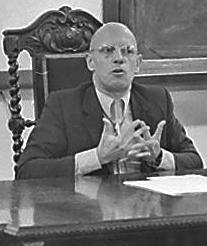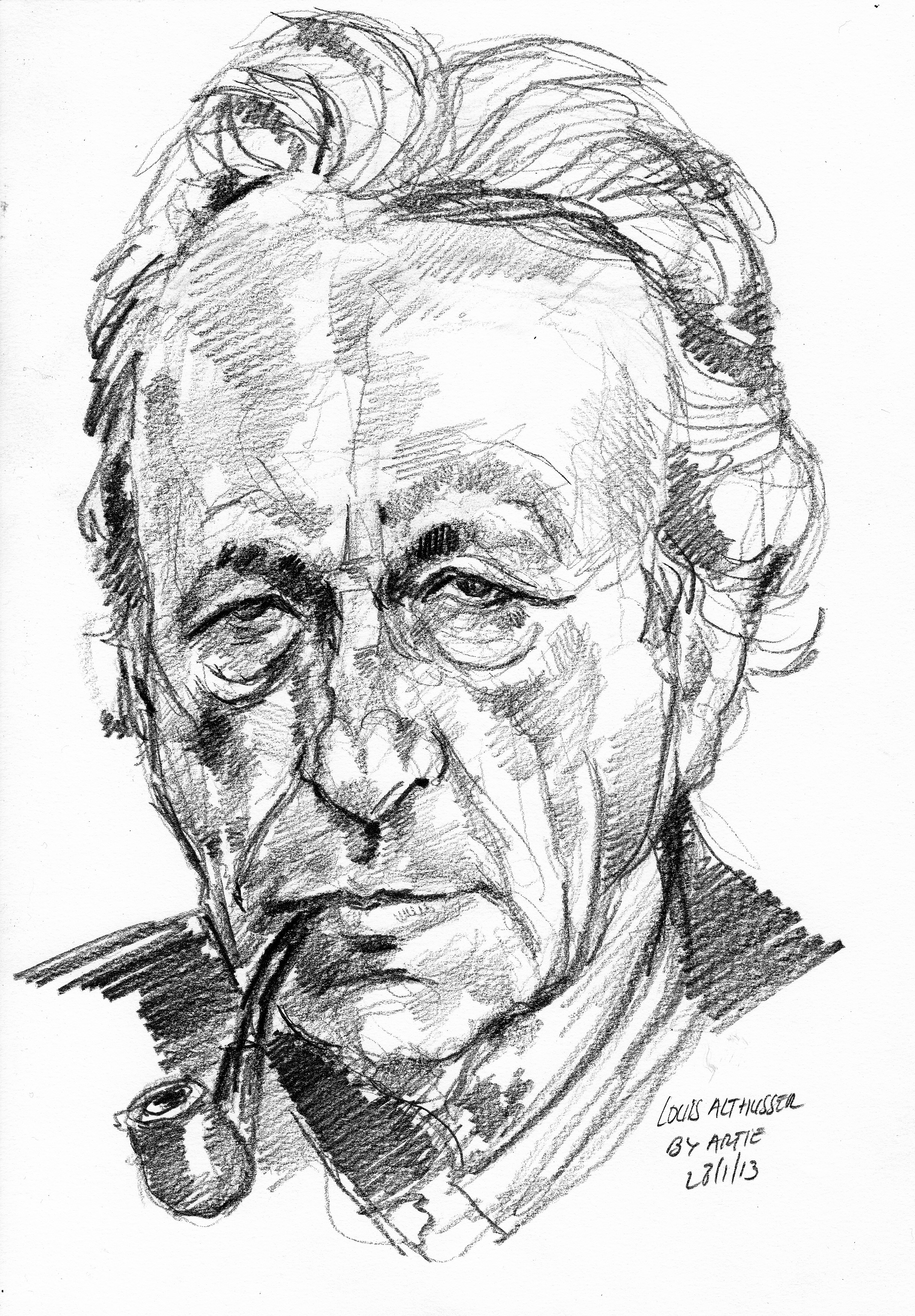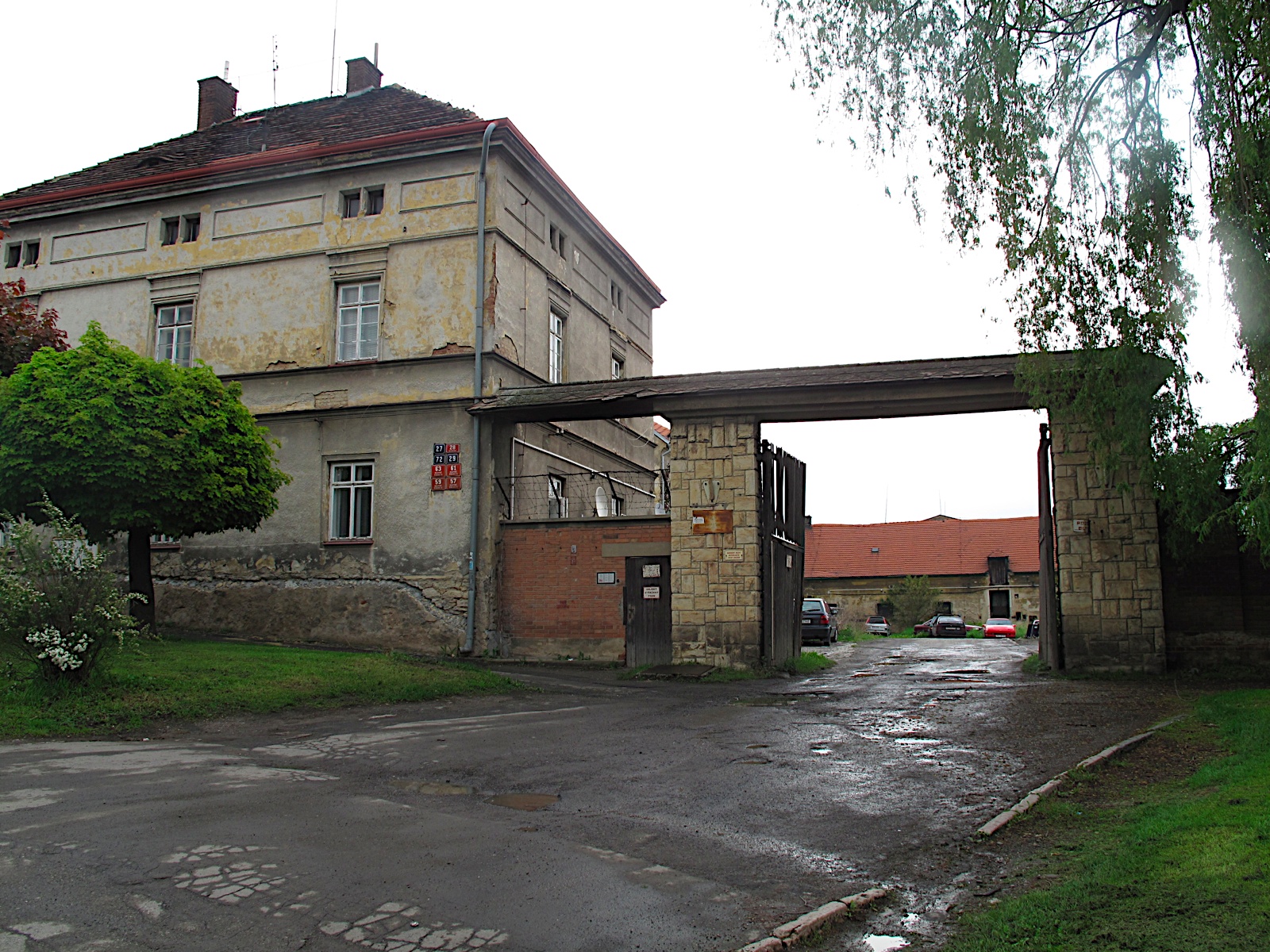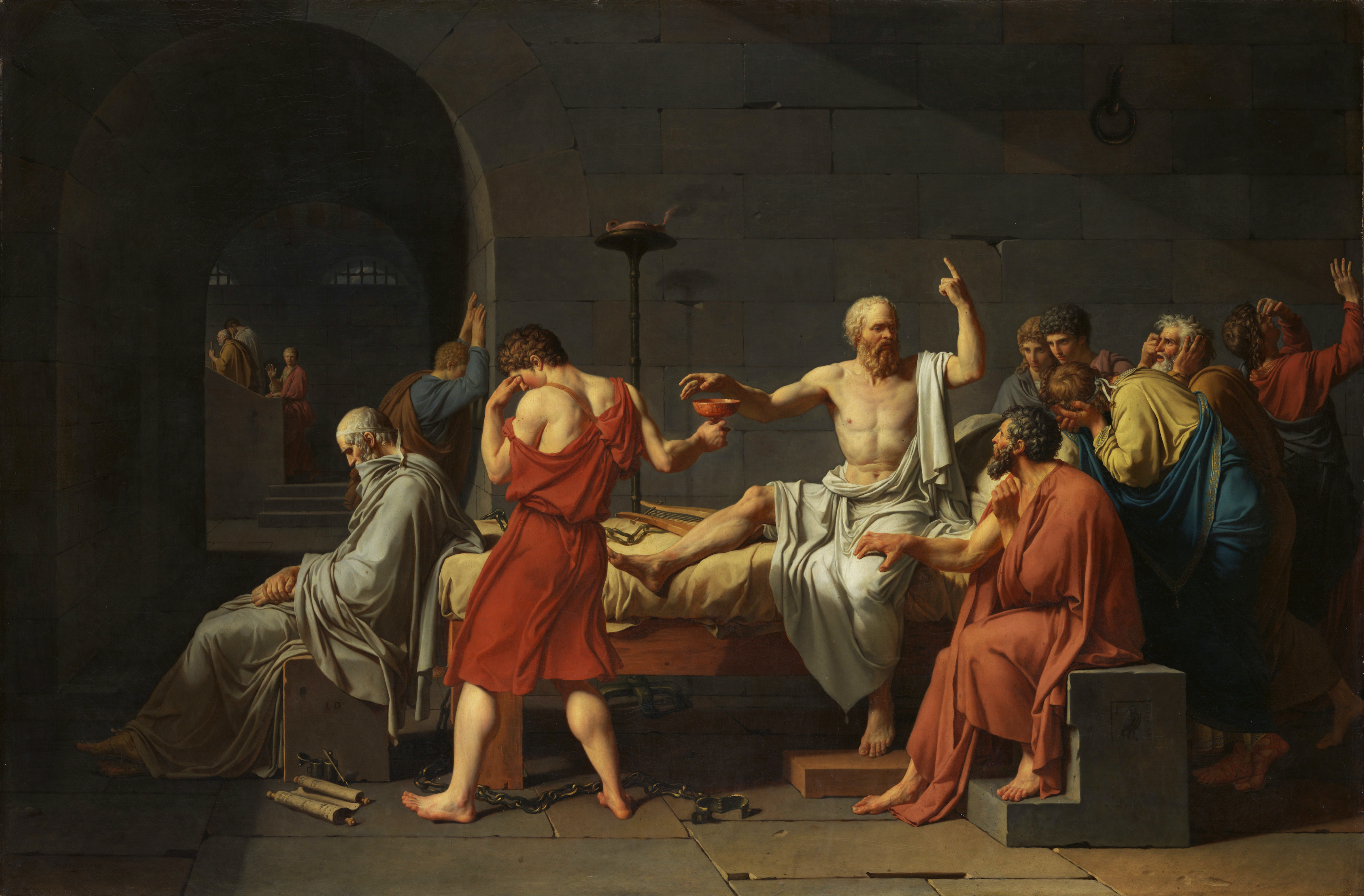Derrida is quite often used as a political device. In fact, Derrida and Michel Foucault, another French philosopher, have been yoked together in this almost portmanteau word – Derrida and Foucault, or Foucault and Derrida – that somehow they are causing the destruction of philosophy, of culture, of language, as though identity and truth had not been questioned for hundreds of years, in fact, thousands of years. Kant questioned what it was to be a human. Plato and Socrates, thousands of years ago, were doing the same thing. Derrida is doing this, but Derrida, in his lifetime but more as a political tool now, is held up as getting rid of all the certainties, of all that’s good in many ways for those who want to defend this idea of truth that’s very narrow.
When we think about Derrida and truth, we have to think about some of the later writings of Derrida, in particular, that have to do with ethics, law, justice and democracy. Derrida had what many people call – but he disputed – an ethical turn, in that his later writings start to directly tackle things like ethics and law. Why was this? We can’t absolutely ascribe what Derrida thought to what happened to him; however, there were a few bruising encounters which did happen to him during the 1980s and 1990s.



